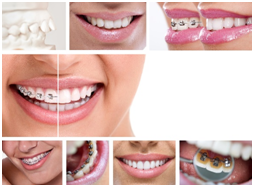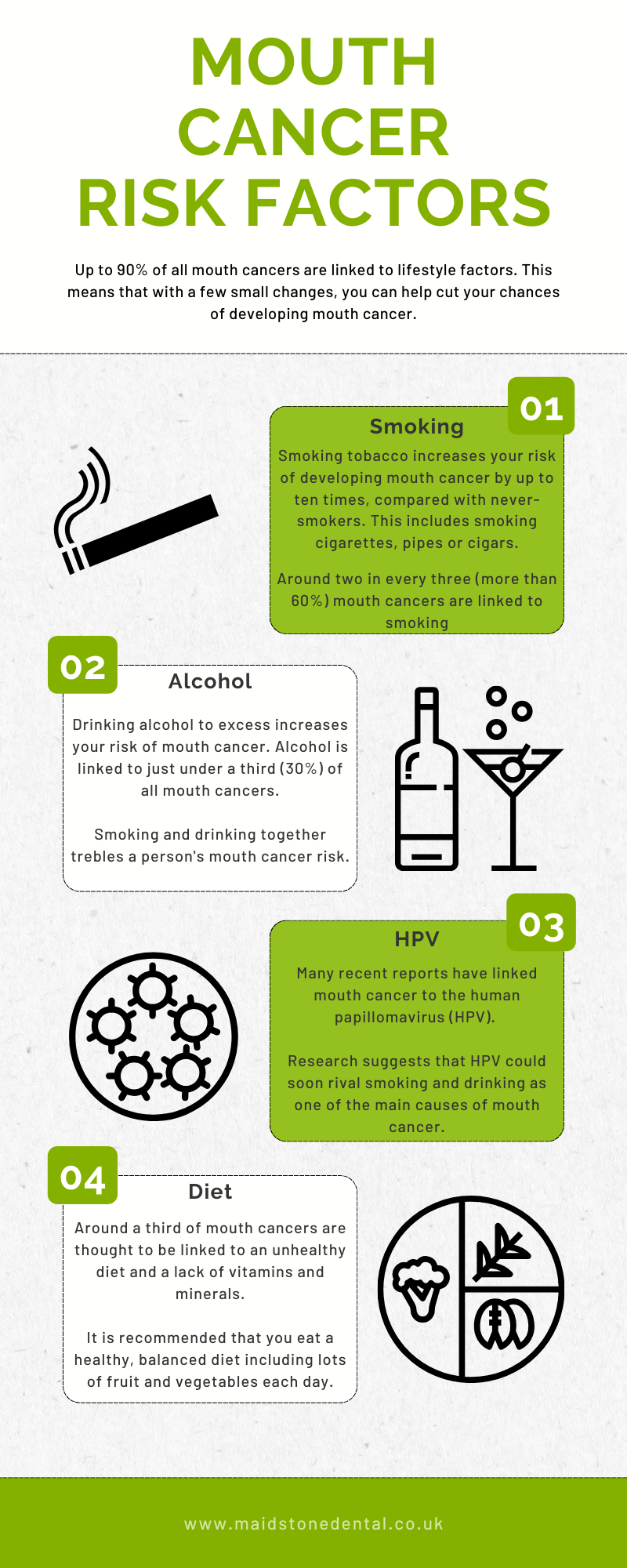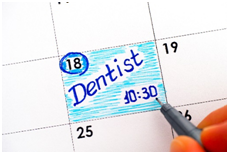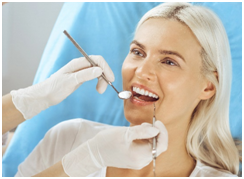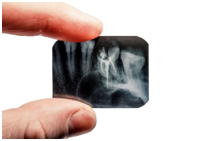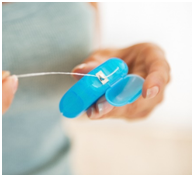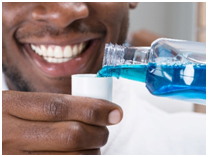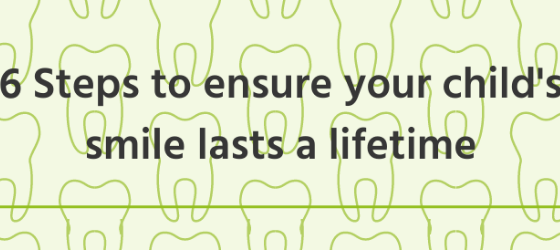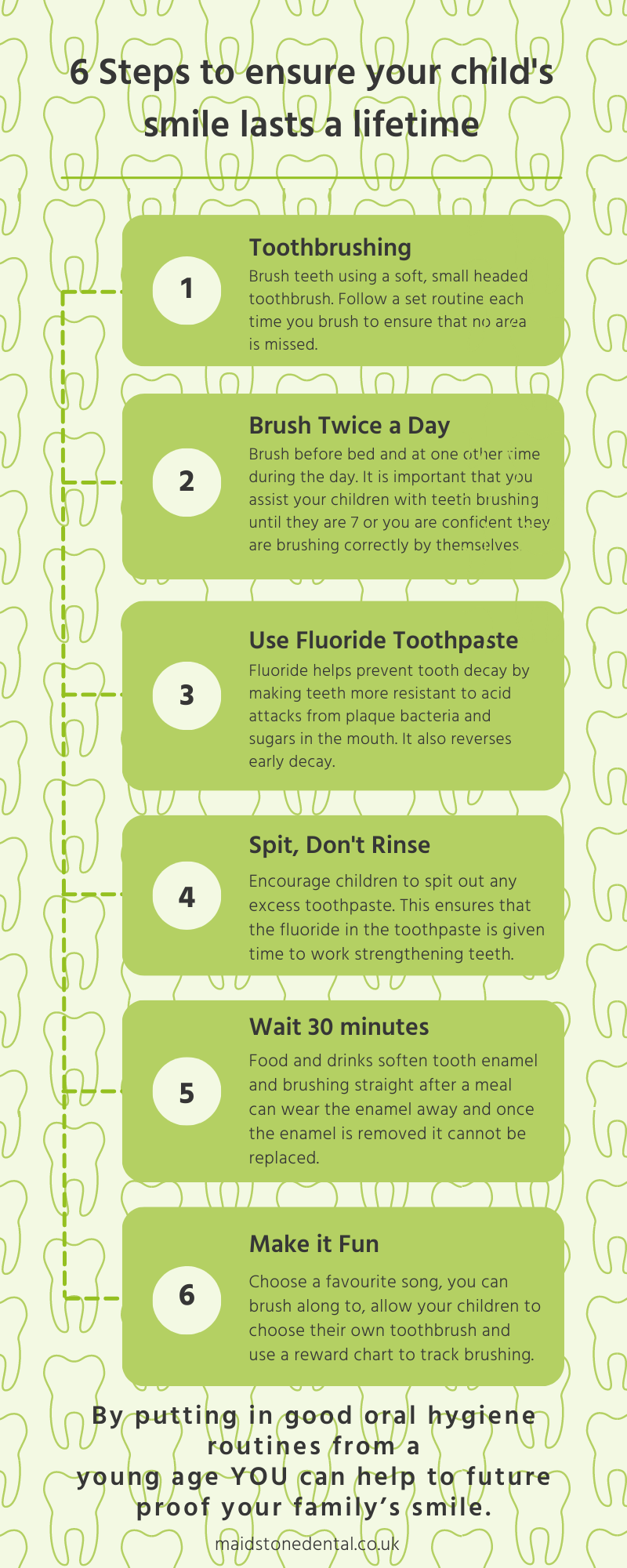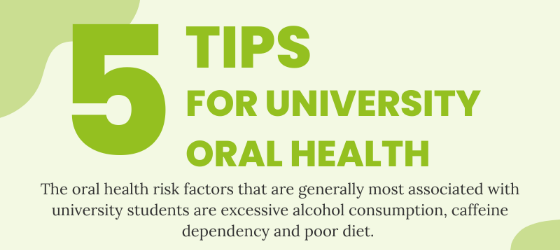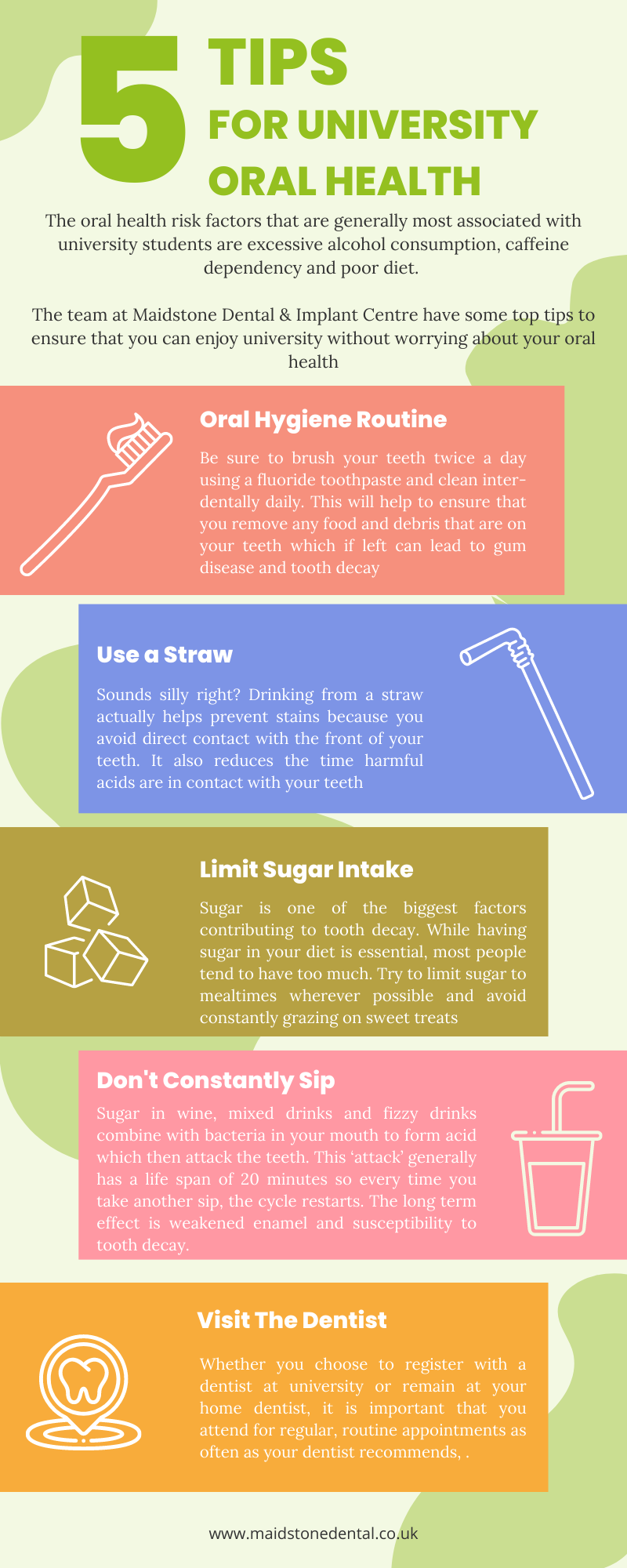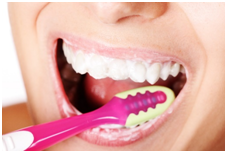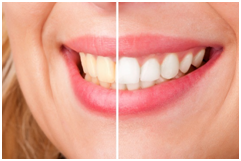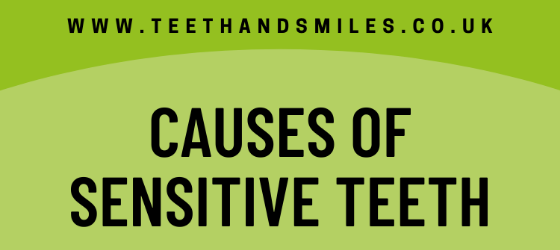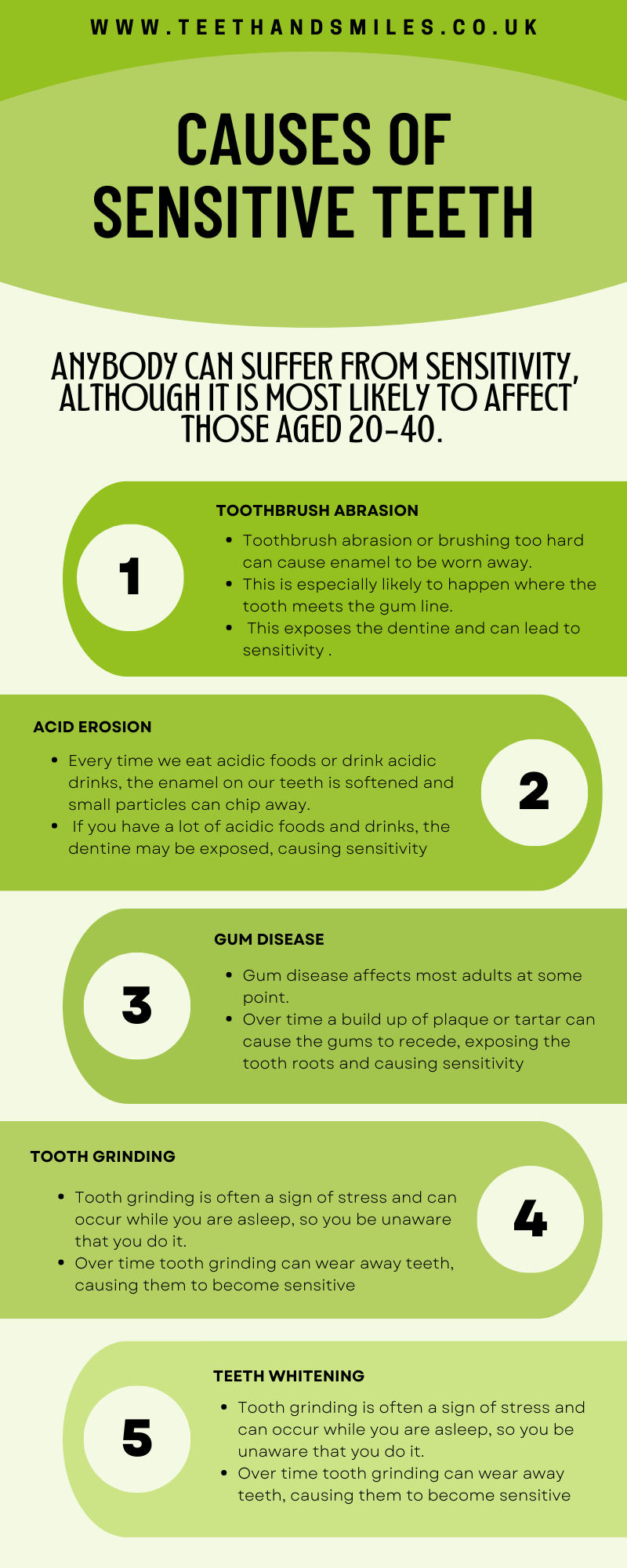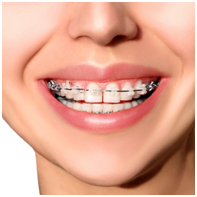Feel that you’re too old for braces? Think again! Teeth straightening treatment can improve your smile no matter what your age is. There are a number of options now available from clear Invisalign aligners to more traditional fixed braces.
Here at Maidstone Dental & Implant Centre we work hard to ensure that we provide you with enough information about your teeth straightening treatment so you can make an informed choice about your dental health.
Questions we will answer prior to treatment
- How will dental braces correct your problem?
- What type of braces are available to you?
- How long you will need to wear braces for?
- What the overall cost of treatment will be?
- What payment modes we off and when the payments are due?
Types of Braces
The different options include:
Metal braces – these are the traditional train track braces
Clear ceramic braces – they work just like metal braces but are less noticeable.
Lingual Braces – The brackets on these braces aren’t visible as they are attached to the back of the teeth
Clear aligners – These are clear removable trays, that allow you to straighten your teeth without anyone knowing
Reasons to get adult braces
Lower Risk of Decay – It might not be a surprise to learn that having crooked teeth can actually impede your toothbrush and floss from accessing all the spaces in-between the teeth. Remember that improper cleaning of the teeth can cause gum disease, tooth decay and other oral health issues. Spaced out and straight teeth are much easier to access and clean.
Release Oral Discomfort –Did you know that in certain cases misaligned teeth can cause headaches, jaw pain, and difficulties swallowing? This is true for more people than we would like it to be. Thankfully, teeth straightening can help with all those discomforts that arise from misaligned teeth. If you are one of the individuals currently living in discomfort due to your smile, please contact our team. We would love to be part of the solution.
Correct Jawbone Changes – The body changes as we age, and the jawbone is no exception to that rule. Unfortunately, with age your jawbone can begin to shift which can cause the teeth to crowd in the front of the mouth and become generally misaligned. Teeth straightening can correct this issue.
Invisalign Over Traditional Braces
There are various options available for adult braces. One of the most popular adult braces options is Invisalign. There are several reasons why Invisalign is a top pick amongst adults.
Firstly, Invisalignaligners are much easier to clean than traditional braces. With Invisalign, you can easily remove the aligner trays and gently clean them in the morning and at night. This also means you don’t have to make food adjustments, as you can remove the aligners when you eat!
In addition to less cleaning time, Invisalign results in fewer office visits than metal braces as you do not have to come in to have the wires and bands tightened.
Perhaps most important for the busy adult – Invisalign looks much better than metal braces. They are often barely noticeable, as they are made from transparent material!
A Perfect Smile
We wanted to put this last, but we understand that for most people a perfect smile is the main reason to have teeth straightening. No matter how old you are, a perfect smile will make you feel confident. You deserve to navigate through life with confidence and with a glowing, happy smile. Teeth straightening can grant you that.
The decision to have teeth straightening as an adult can be full of uncertainties. Our team at Maidstone Dental & Implant Centre is here to help guide you through it. Give us a call on 01622 682 029to set up an appointment. We are happy to assess your personal situation and to provide you recommendations on which braces would work best for you.




